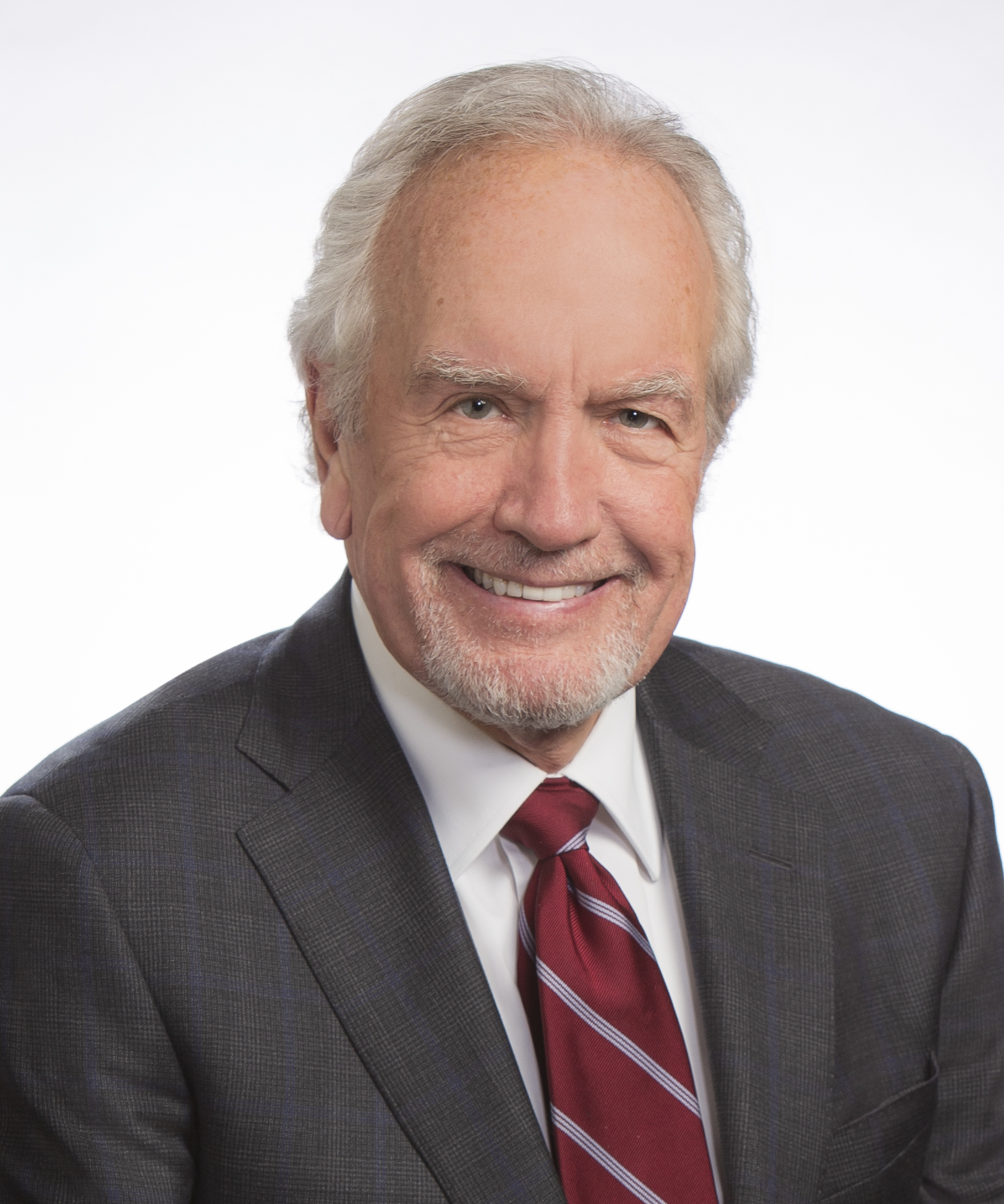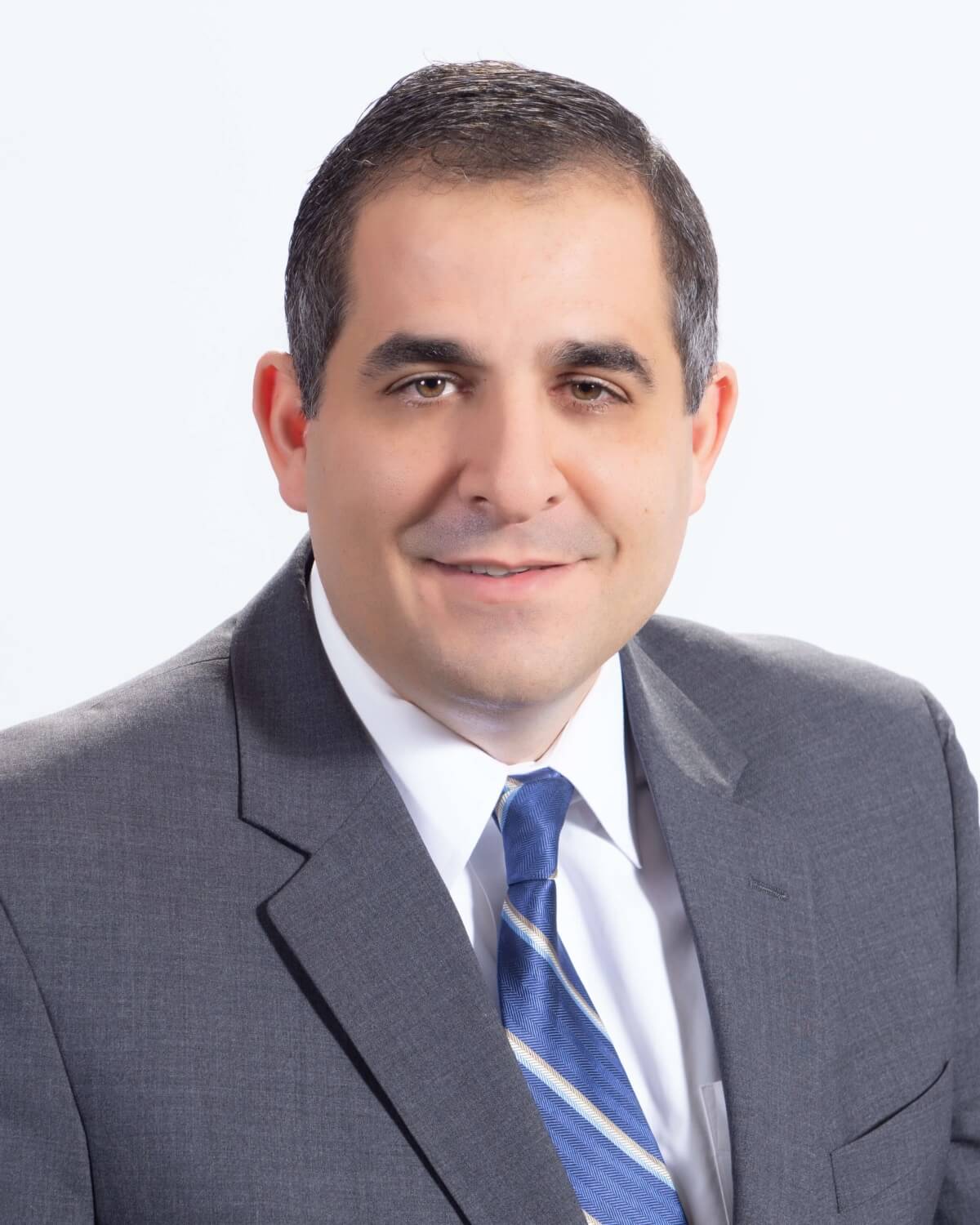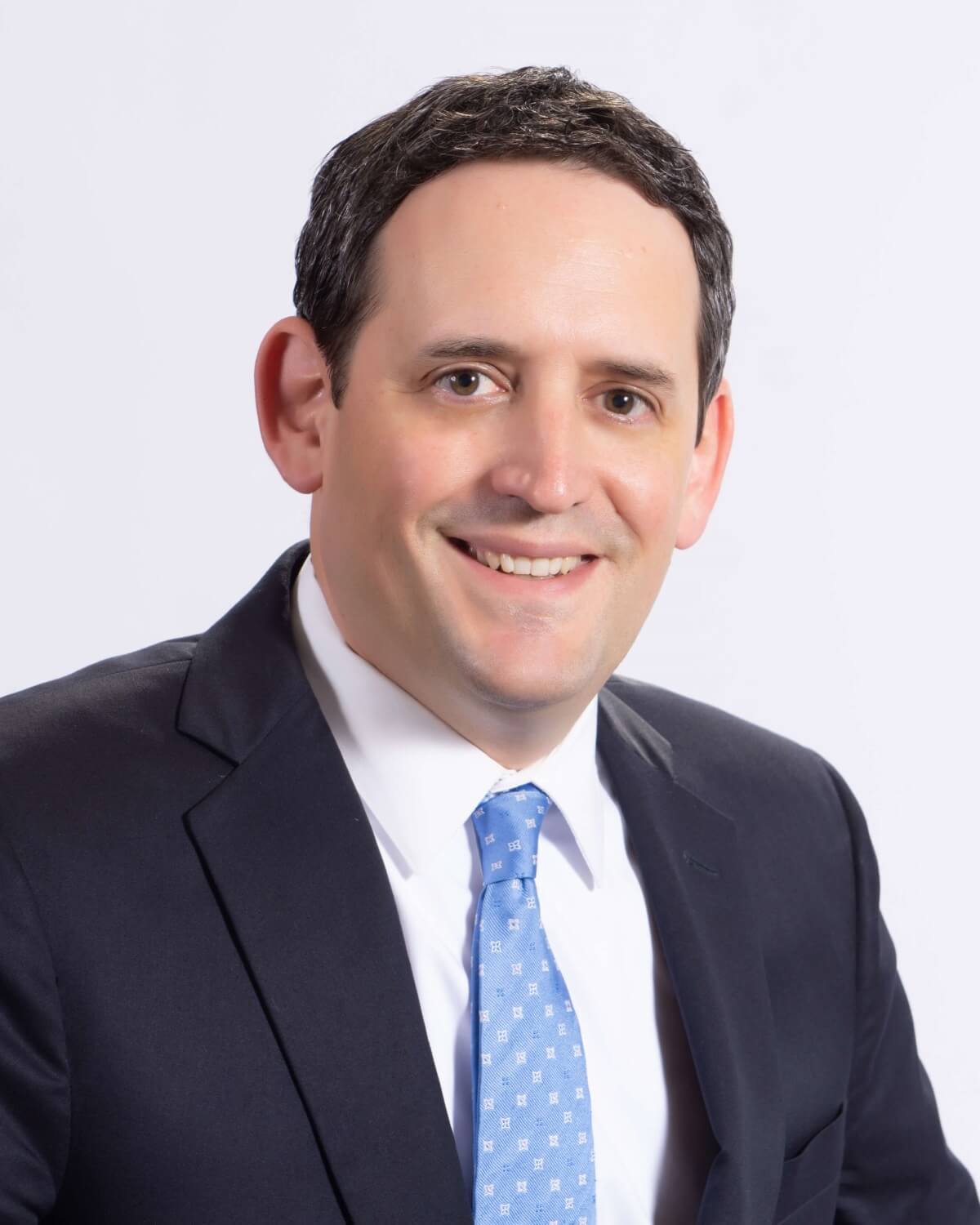KHVPF Insight

BIG LAW CONFLICTED
Within weeks of being sworn in, President Donald Trump issued a flurry of executive orders (“EOs”) targeting America’s most prominent law firms, claiming they “weaponized litigation to obstruct or undermine lawful executive actions.” The acknowledged reason was the firms’ representation of political adversaries and causes deemed antithetical to the new Administration. Unabashedly retaliatory, the EOs were intended to inflict economic pain on the law firms through tactics like barring the firms’ attorneys from maintaining security clearances or from even accessing federal courthouses.
The unconstitutionality of the EOs was and is obvious. They violate the First and other Amendments. Several firms nevertheless yielded to extortion, “settling” legally baseless disputes because they feared the impact of the EOs on their business. Some firms went so far as to say that their very existence was threatened. In return for withdrawal of the EOs, they committed to tens of millions of dollars of free legal work – dubbed “pro bono” — despite the unspecified nature of the anticipated work. President Trump even admitted to the extortionate nature of the EOs, stating that “I agree, they’ve done nothing wrong. But what the hell, they’ve given me a lot of money considering they’ve done nothing wrong.”
Other firms refused to be extorted, filing lawsuits. As of this writing, all of these lawsuits have been successful, with judges granting the firms relief in strong language describing the clear unconstitutionality of the EOs. The reputational damage to law firms that yielded to unlawful conduct for economic gain may abate eventually. But did these firms consider the potential conflicts created by their actions?
The firms that settled entered into a strange form of retainer agreement with the Administration. In return for the withdrawal of the EO, they promised millions of dollars in free legal services, including at the behest of the government. But the potential for conflict had to be obvious since the firms, presumably, did not forfeit their ability to represent clients adverse to the government in the future. Such representations could subject them to future EOs.
Imagine a major client with a significant issue before a federal agency that must decide what law firm to retain. If one of the firms that settled would have been the initial choice, the client now must consider the impact of that firm’s relationship with the Administration, and its known willingness to cave to threats from the Administration. What if the firm were told that the Administration is not pleased with its vigorous representation of an issue that counters the Administration’s “national policy”?
ABA Model Rule of Professional Conduct 1.7 prohibits a lawyer’s representation of a client if the representation will be directly adverse to another client, or if the lawyer’s own interests may materially limit the representation (unless the lawyer reasonably believes the conflict will not adversely affect the representation and the client consents). Under ordinary circumstances, no serious concern would exist if a firm were to represent, for instance, the Justice Department as special counsel and simultaneously argue before the Securities and Exchange Commission on behalf of another client. After all, the federal government is vast and typically not homogeneous. But these are different times. The current Administration has concentrated extraordinary power in the Chief Executive, who has demonstrated a willingness to be involved in every aspect of the Administration. A law firm that settles a dispute of this nature with that Executive must be concerned about future dealings with that Executive and his Administration. That law firm’s clients likely will share that concern.
Any such client, at a minimum, is entitled to full details of the circumstances and nature of the settlement between the law firm and the Administration. Perhaps the client will conclude that it nevertheless wishes to retain the settling law firm because the conflict is remote and it is thought unlikely that the Administration would try to interfere in pending litigation. But is that realistic? Why would a major client take any chance with a bet-the-company litigation, if there are other good firms who have shown a willingness to stand up even to the President of the United States. That is a concern that several major law firms will now have to deal with.
The author, Thomas G. Kienbaum is General Counsel to Kienbaum Hardy Viviano Pelton & Forrest, PLC. Mr. Kienbaum served for 12 years in various roles related to Michigan’s attorney discipline system, including as Chair of the Attorney Grievance Commission and the Attorney Discipline Board.




